Can British people follow recipes from American cookbooks?

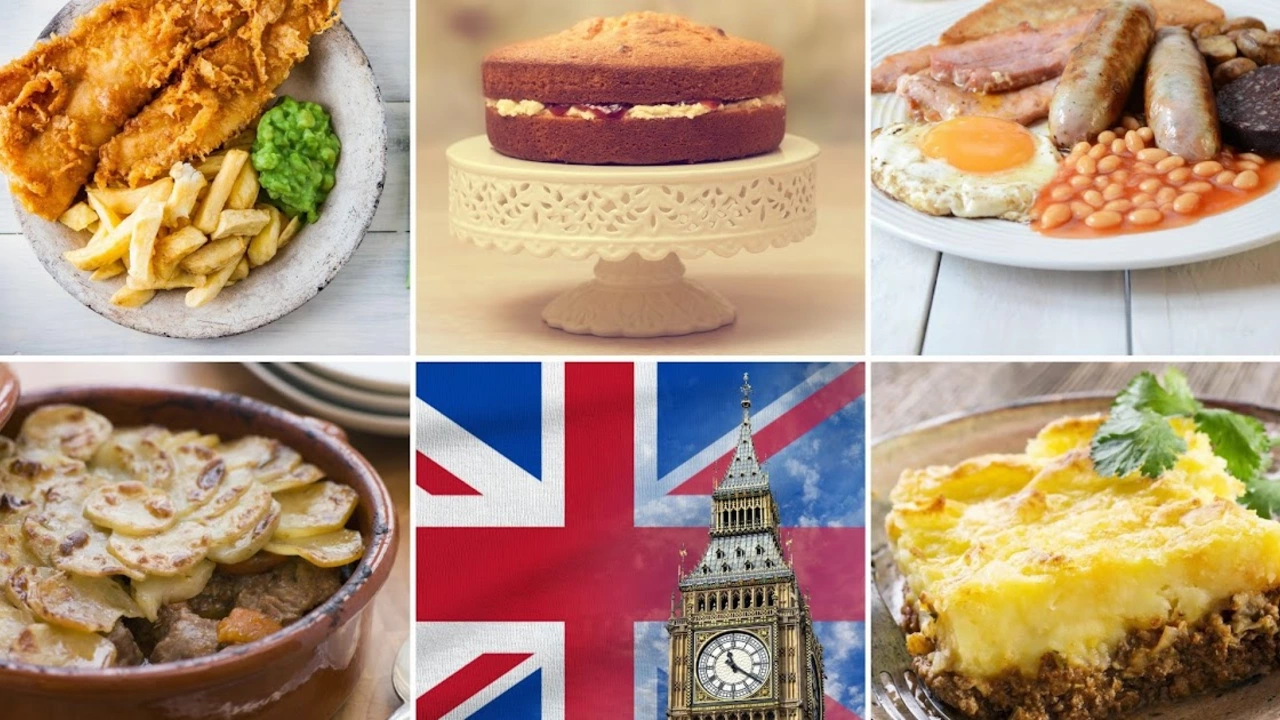
The Great Contextual Cook-Off: Understanding the Discrepancies
In terms of cooking, or more accurately deciphering and following foreign recipes, I’ve had more than my fair share of culinary adventures! One particular experience (with a 40% chance of making into the article) comes to mind, brings back the memories of my wife deciding to surprise me with a uniquely American Thanksgiving dinner, following the recipes from this cookbook she found stashed away in the back of an old bookstore.
Let's get one thing straight: The endeavour was commendable, the result was delicious, but the process… let’s just say, "convoluted" would be putting it mildly. See, this got me thinking and thus, emerged the intriguing subject of our today’s culinary discourse: "Can British people follow recipes from American cookbooks?"
On the surface, it might seem like a straightforward question. After all, aren’t we all essentially using the same ingredients - vegetables, spices, meats? Oh, but my dear readers, as I've come to realize, when it comes to culinary translation, it's not about merely changing a 'zucchini' to a 'courgette'. It's about making sense of the different culinary languages, understanding the cooking techniques, dealing with units of measurement, and most importantly deciphering the food terminologies.
Lost in Translation: The Maddening Measurements Situation
My friends, the first major agonizing hurdle in the crusade of 'decoding the American recipes for a Brit' is the rather puzzling 'conversion conundrum'. The American imperial system and the British metric system have been at odds for quite some time. Remember when we learnt in school that an ounce is around 28 grams and a quart is just a little less than a litre? Well, guess what, in the American culinary world, it's an altogether different playing field.
To be specific, a cup is not just a small quick brew for a tea-loving Brit; it's a full-blown measurement unit - a cup of flour, a cup of milk. Then there’s the mystical stick of butter. Ounces, pounds, the elusive fluid ounces left the British crowd scratching heads and questioning, ‘how many tablespoons make a stick of butter?’ Which brings us to spoons - tablespoons, teaspoon - but what size exactly? Truly maddening I say!
Finding Common Ground: The Vocab Variation
Now, after having passed through the ring of fire that is measurements, comes an altogether different beast – the vocab variation. The same food items known by different names can lead to utter chaos in the kitchen. The innocent courgette (as we know it) suddenly becomes a zucchini.
One can only imagine my surprise when I first saw ‘cilantro’ listed as an ingredient! After some frantic internet browsing, I discovered it was none other than our very own coriander. My heart went out to every Briton who ever mistook aubergine for a fancy foreign ingredient and spent hours tracking it, only to find out it’s good old eggplant.
Tackling Technicalities: The Cooking Technique Tangle
At this point, one might start feeling like Odysseus, finding a way home in the sea of American recipes. But worry not, for now, we venture into the final fiasco of this culinary saga - understanding the cooking techniques and terminologies. The apparently straightforward tasks of grilling and broiling become an intricate theatrical performance with you as the bemused spectator.
Apparently, when an American says ‘grill,’ they mean what we call ‘barbeque,’ and their 'broil' translates to our 'grill'. Add to it the American penchant for adding romantic embellishments to names, and we are stuck figuring out that ‘Texas Toast’ is just a thick slice of toast. One really has to cut through thick and thin here, literally and metaphorically.
In the End: The Secret Ingredient is Adaptation
In the end, as I see it, it all comes down to embracing the differing culinary styles with open arms. Rather than being bogged down by the complexities, let us celebrate the quirks of language and the wonderful mess of terminologies, measurements, and procedures that make global cuisine a truly remarkable spectrum!
Remember, while we navigate through the unchartered territory of foreign recipes, the ultimate goal remains the same – to create something delicious. Thus, with a little bit of practise, a lot of patience and the most crucial ingredient, a sense of humour, Brits can indeed follow recipes from American cookbooks. My wife's American Thanksgiving Dinner was a testament to this feat, a dinner that became part of Huxley family folklore with its unforgettable charm and unmatched taste.

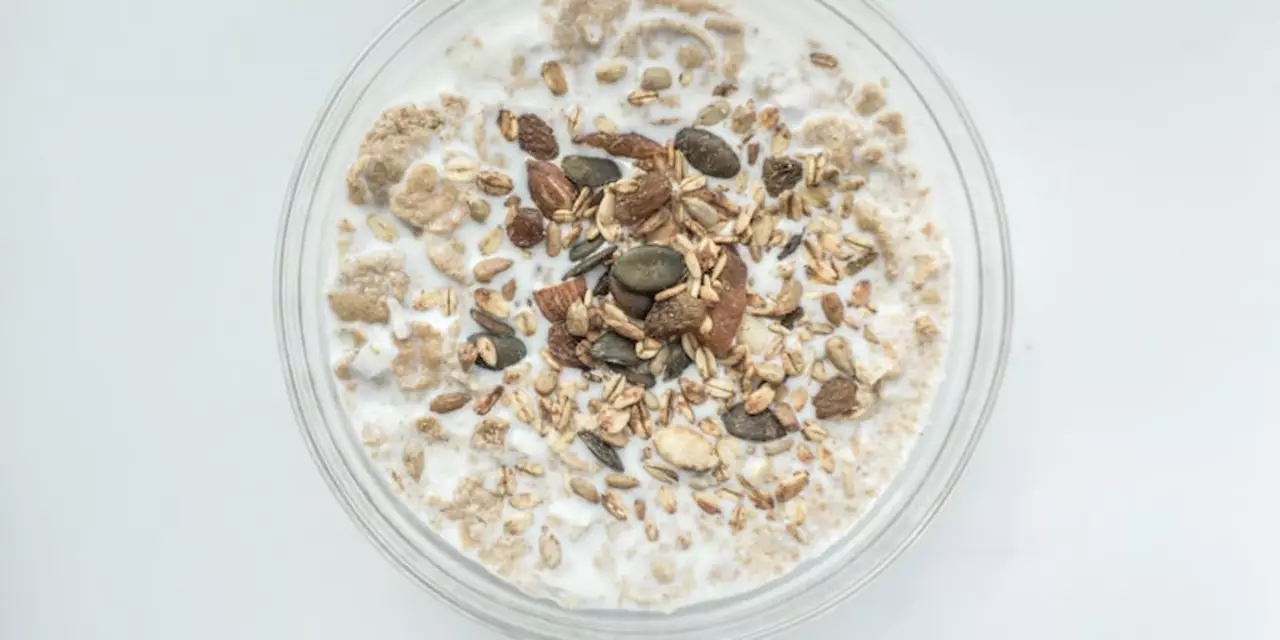

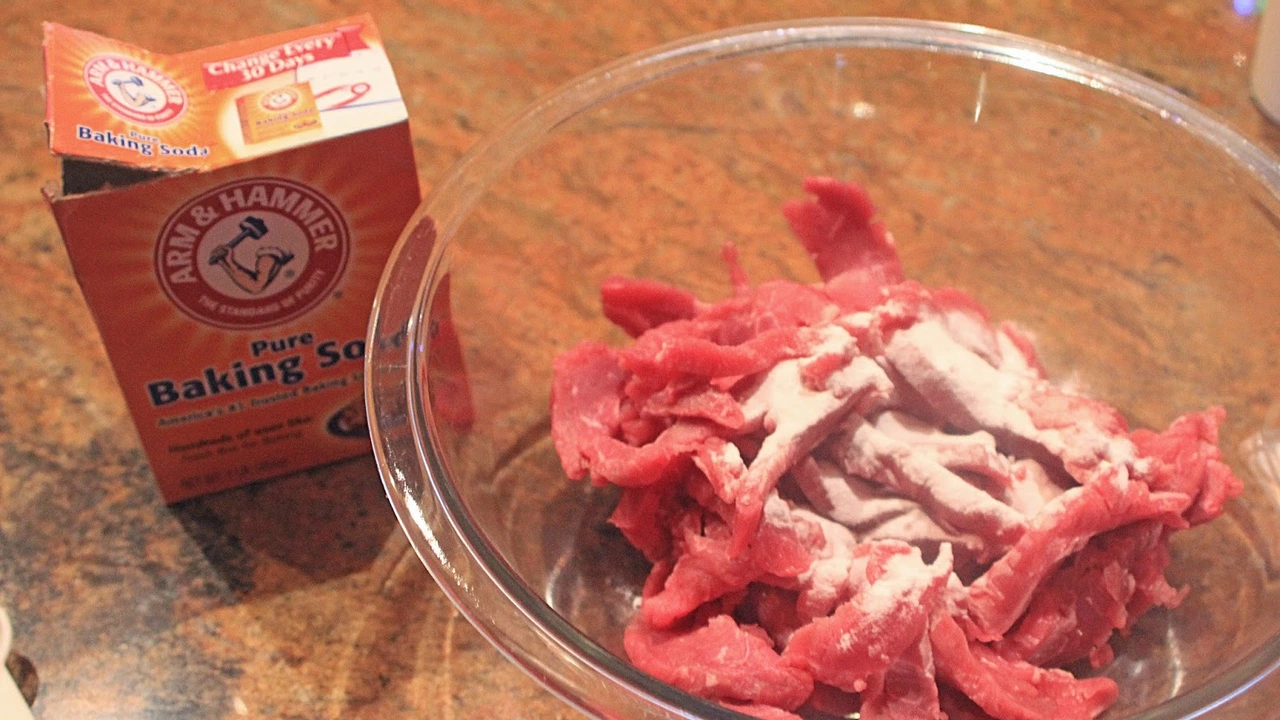
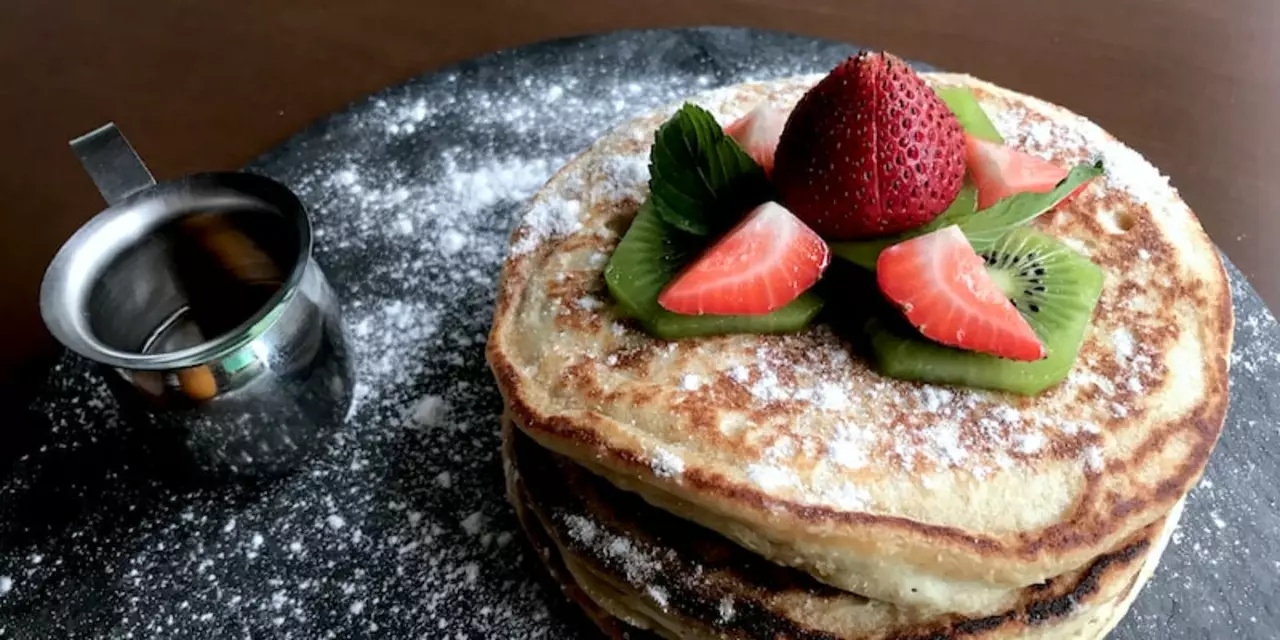
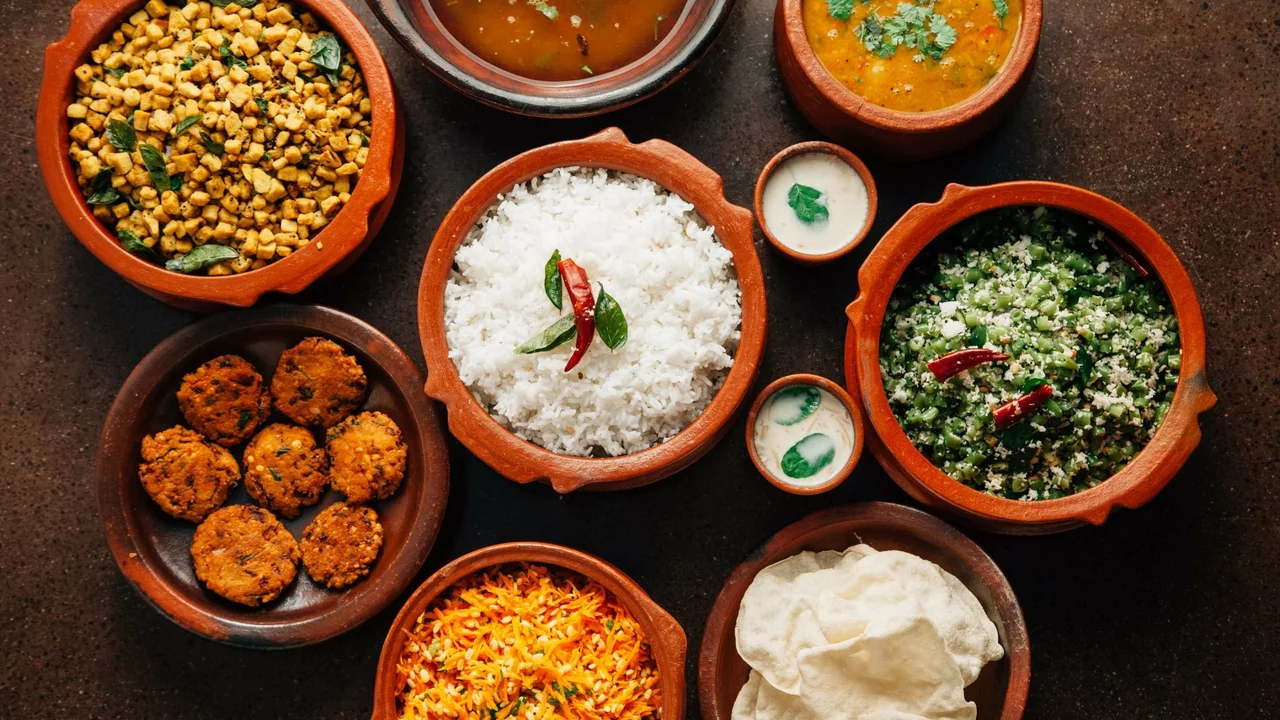
0 Comments